LGBTQ+ and experiencing discrimination
MacKenzie Anderson and her wife, Libby Anderson, at the Aquarium of the Pacific.
Everyone is different. Some people hide it because they face discrimination among their peers in their social environment. Society needs to start learning to accept different types of people, such as the ones in the LGBTQ + community.
Learning what they’ve gone through might help us understand what we can do to help them feel more accepted in society today.
MacKenzie Anderson, an English eighth grade teacher, is part of the LGBTQ+ community and was a closeted lesbian while in middle and high school. She felt discriminated against in her own school environment.
“Kids were just mean, they assumed, they bullied. They would try to pressure me to say ‘oh you’re gay’ or ‘you like this person’ and I never did,” Anderson said.
Bullying caused Anderson to not want to come out and be afraid about what people would tell her at school. Even her own friends would pressure her and make her uncomfortable.
“I had set myself in this cycle of hiding who I was, that I was really late in coming out to just myself and everybody else,” said Anderson.
She shows that it’s important to know who you are first, and then let other people know, because coming out is a very serious and important thing in someone’s life.
No matter what people are, they should have friends and family there to support them. For example, Anderson’s parents were accepting and supportive of her, but her wife’s parents weren’t as kind.
“They didn’t accept us and thought we were wrong because of what they believed, religiously,” Anderson said. She added that it was a very hard time knowing that her wife’s parents didn’t accept who they were and who they chose to love.
A lot of teens that are also a part of the LGBTQ + community can sometimes feel like their parents also won’t accept who they are. They can feel lost, and that could cause them to hide who they are even more.
Anderson said, “It’s a big problem, that’s why a lot of kids hurt themselves. It’s why a lot of kids hide their identity because they don’t feel safe in their home to be who they are.”
Coming out can be difficult. Some students have experienced harassment.
A neighbor of the author who wished to remain anonymous, speaking about their experience after they came out, said, “There was touching that I didn’t really allow, but, due to me being gay, it was just kinda like, ‘I guess I kinda have to suck it up.’And let people treat me as they please.”
They start to lessen themselves, thinking that they don’t matter and that their feelings aren’t as important as any other ‘normal’ person.
According to RAINN, the Rape, Abuse, and Incest National Network, “Girls who identify as lesbian or bisexual are more likely than other youth to experience sexual harassment: to being called sexually offensive names, having rumors told about them, being called gay or lesbian in a derogatory way, receiving sexually offensive photographs or messages, and being touched or grabbed in a sexual way.”
People should know that they cannot change someone’s sexuality by touching them inappropriately or trying to “fix them straight.” According to the American Psychological Association, therapies that try to change sexual orientation “are unscientific and possibly harmful.”
“When you can’t accept who you are as a young kid you don’t get to grow into yourself and into your identity until later in life, and that can sometimes have extra obstacles,” said Anderson.
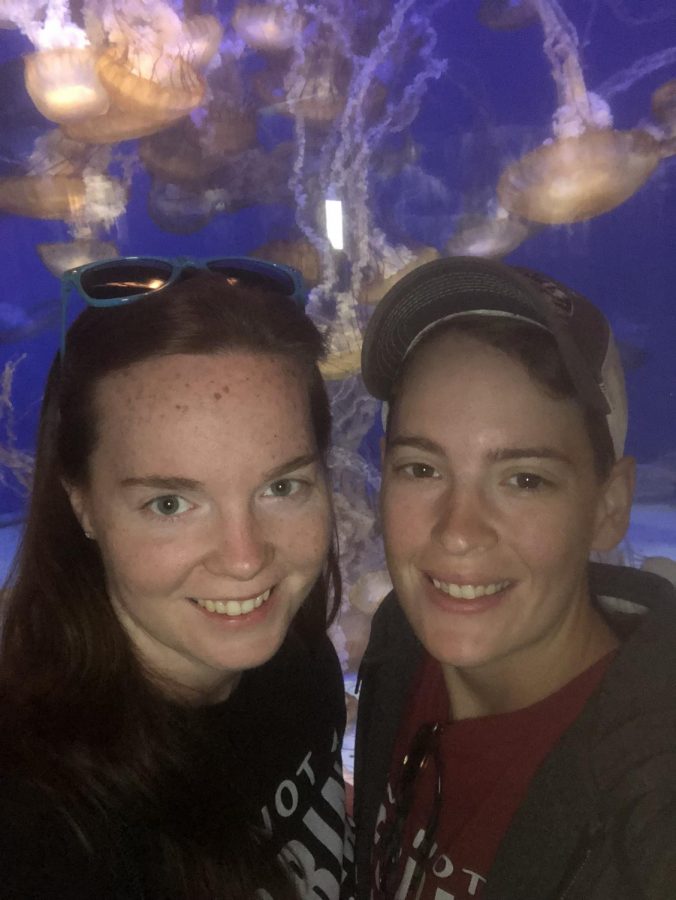
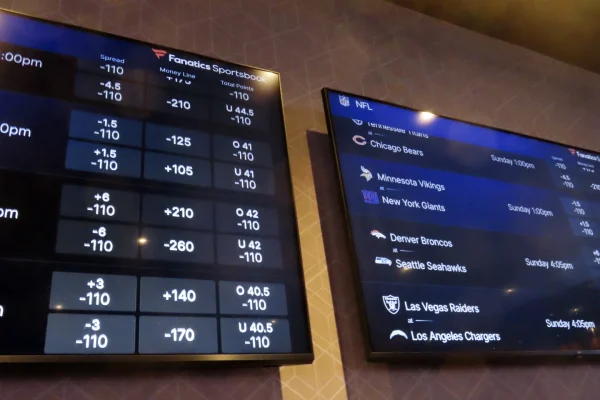
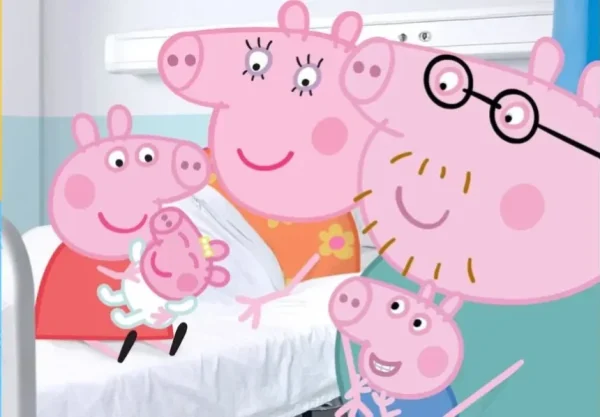
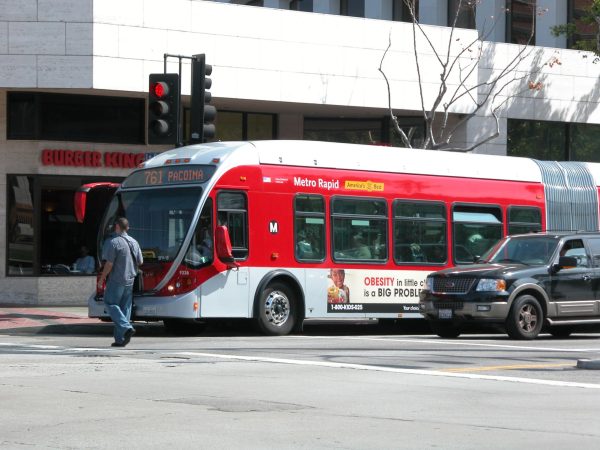
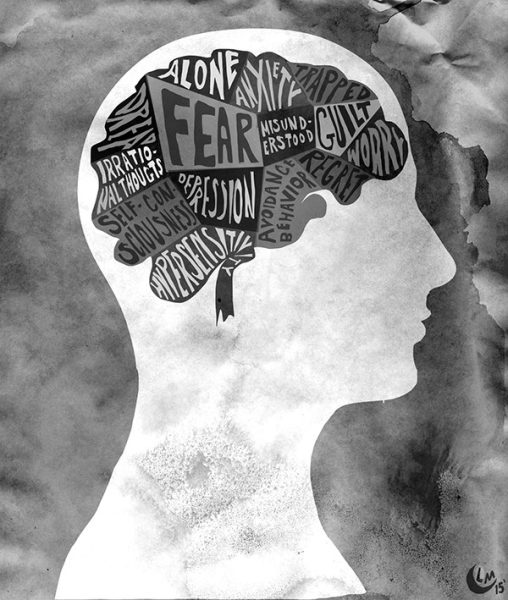


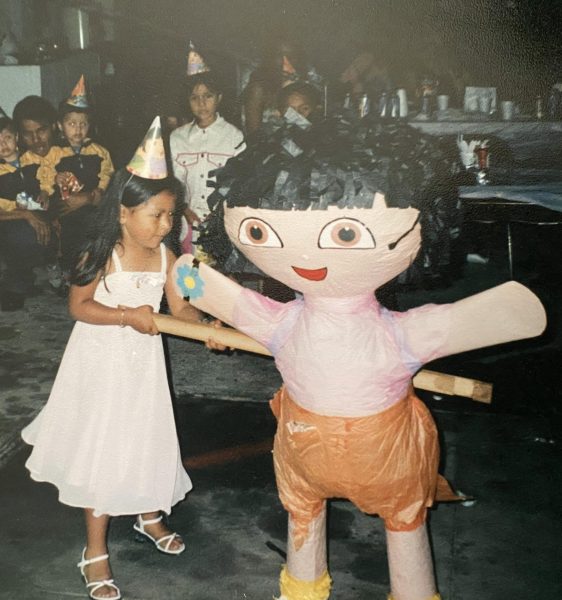
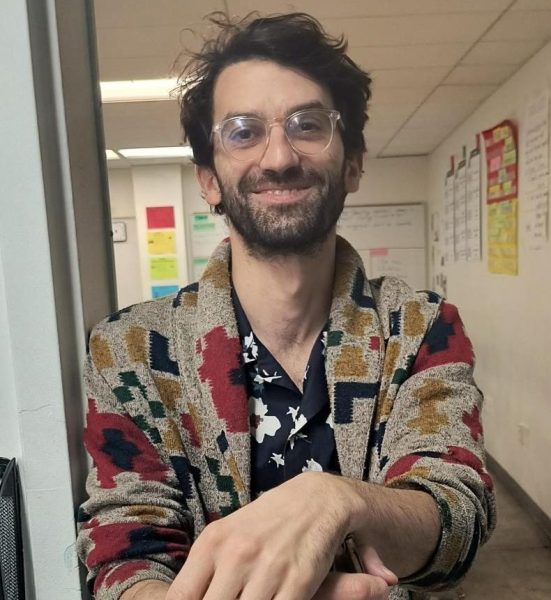
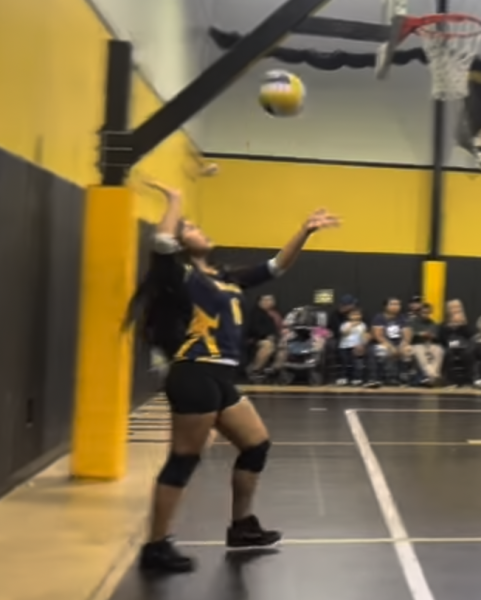
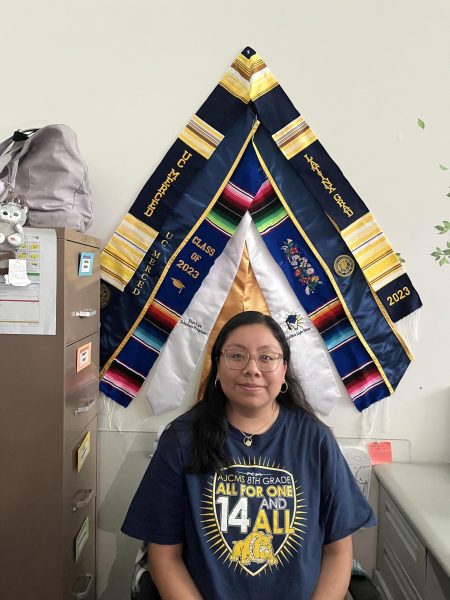
Ross dress for less • Jun 6, 2019 at 10:10 am
SO BEAUTIFUL
Ana Kkola • Apr 4, 2019 at 6:30 pm
I love this it’s so beautiful and so impressive I hope to see more of these two amazing ladies . I hope to meet these wonderful authors . They should a make a book together about LGBTQ + community .